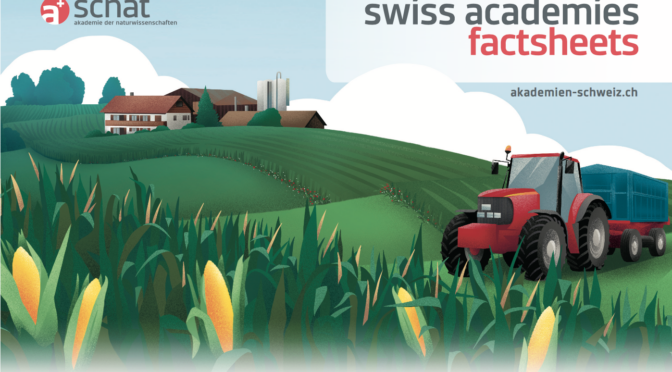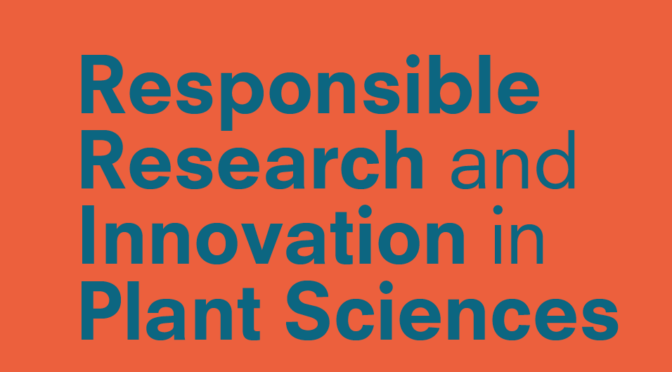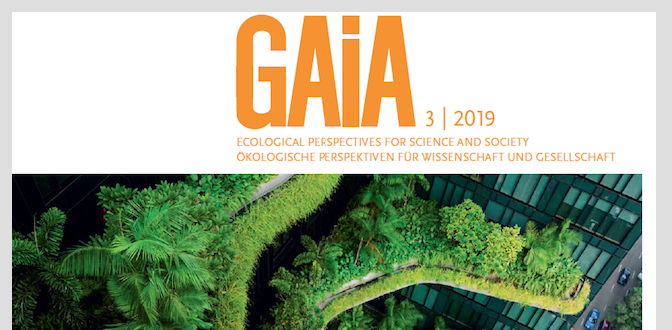Mitglieder des PSC haben ein Faktenblatt zusammen mit dem Forum Genforschung Schweiz publiziert, welches die Methoden einer interessierten Öffentlichkeit verständlich machen will:
Ein neues Faktenblatt der Akademien der Wissenschaften Schweiz gewährt Ihnen einen Überblick über vier verschiedene Verfahren in der Pflanzenzüchtung und legt dabei einen Schwerpunkt auf die Anwendung der Genom-Editierung. Das Faktenblatt wurde von einer Gruppe von Experten und Expertinnen unter der Leitung des Forums Genforschung verfasst und geprüft.
Das Faktenblatt ist in Deutsch und Französisch unter folgendem Link erhältlich: http://geneticresearch.scnat.ch/fs-plantbreeding
U Grossniklaus, M Messmer, R Peter, J Romeis und B Studer (2020) Pflanzenzüchtung – von klassischer Kreuzung bis Genom-Editierung. Swiss Academies Factsheet 15 (3): 10.5281/zenodo.3696456







